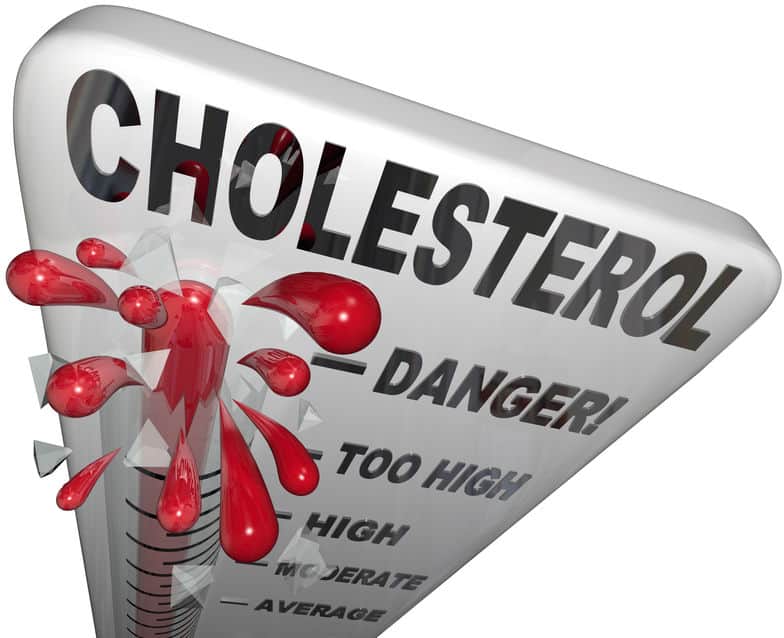

A recent study published in the Journal of Cardiovascular Pharmacologic Therapy reported that dietary supplementation with a probiotic formula containing one specific bacterium had a significant effect on blood levels of LDL cholesterol, as well as other factors that negatively impact cardiovascular health. This should come as good news to the 70+ million Americans currently living with high cholesterol.
Researchers investigated the effect of dietary supplementation with Lactobacilli salivarius over a 6-week period on blood levels of the following markers for disease:
- Total cholesterol
- LDL cholesterol
- Triglycerides
- HDL cholesterol
- Inflammatory markers – CRP, IL-6, IL-1-beta, TNF-alpha
Total cholesterol, LDL cholesterol and triglycerides were found to be significantly decreased in the test subjects who consumed the probiotic supplement, while HDL (good) cholesterol levels increased. In addition, all of the inflammatory markers showed significant reductions in blood levels of the probiotic groups. This is an especially important finding when considering the growing theory among researchers and clinicians alike that cholesterol levels are not a risk factor for heart disease but a symptom of the actual culprit – chronic systemic inflammation.
Another study using a different strain of bacteria showed similar results. This finding supports the idea that probiotic strains that occur naturally in our environment and our diet do so in a population of many different bacteria which interact synergistically in the gut to promote improved overall health. The debate is beginning to turn away from whether or not probiotic supplementation is beneficial and is now focused on what organisms are best and how much to take.
The different species of Lactobacilli and Bifidobacteria are most commonly seen, in quality formulations, in populations per dose of at least 5 billion organisms total. In higher quality products, 6 to 8 different species comprise that population. Another component of a quality formulation is Fructooligosaccharide (FOS), a prebiotic nutrient that supports the growth and health of probiotic organisms. FOS has been shown in studies to elevate the beneficial effect of probiotic supplementation on cholesterol levels, gut health and systemic inflammation.
It is important to bear in mind that some 100 trillion organisms inhabit the internal biome of the human gut. The populations of “friendly” bacteria can vary depending upon a variety of factors including diet, use of medications (such as antibiotics), and stress levels. In order to have a significant beneficial effect on the balance of this environment, a dosage population of 5 billion is recommended for daily support and impact dosages of 30 to 70 billion are often used when significant imbalance has occurred. Super Probiotics and Ultra Probiotic Formula supply the most important species of organisms,including Lactobacilli salivarius, in the most effective dosages with the added prebiotic support of FOS.
Let’s put aside for the moment the growing awareness that high cholesterol may not be the villain in heart disease. If you can control your cholesterol levels and significantly reduce the other risk factors for heart disease by exercising, improving your diet and trading your statin drug for a probiotic formula free of side effects…shouldn’t you?




